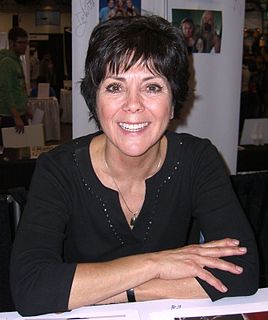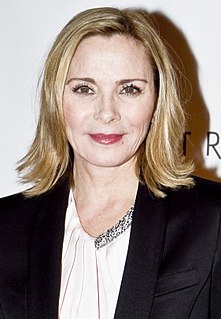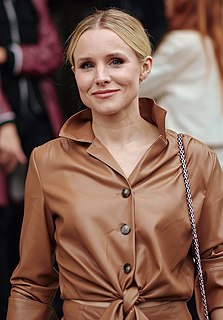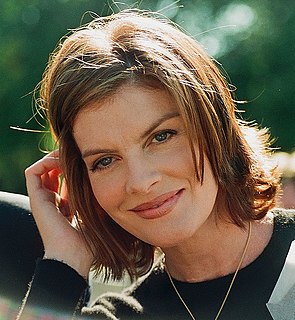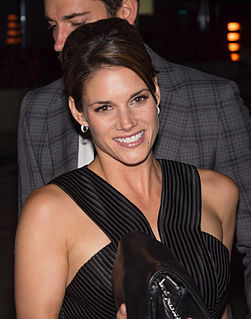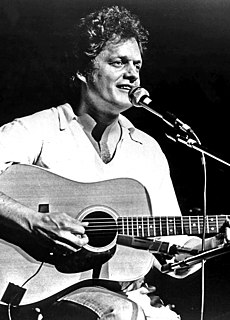A Quote by Omari Hardwick
I was raised looking at women who were strong, and they weren't really into playing race cards or playing gender cards. I didn't grow up around women who were like, 'Well, let the boys do that, and let the girls do that.' I didn't really see that in my house.
Related Quotes
So, I'm thinking of a name for a villain that has a sense of humor. I thought of 'The Joker' as a name, and as soon as I thought that, I associate it with the playing card, as my family had a tradition of champion playing; my brother was a contract champion bridge player. There were always cards around the house.
So, Im thinking of a name for a villain that has a sense of humor. I thought of The Joker as a name, and as soon as I thought that, I associate it with the playing card, as my family had a tradition of champion playing; my brother was a contract champion bridge player. There were always cards around the house.
It just struck me as really odd that there were all of these conversations going on about what young women were up to. Were young women having too much sex? Were young women politically apathetic? Are young women socially engaged or not? And whenever these conversations were happening, they were mostly happening by older women and by older feminists. And maybe there would be a younger woman quoted every once in a while, but we weren't really a central part of that conversation. We weren't really being allowed to speak on our own behalf.
Look at baseball, with its defensive shifts - outfielders looking at cards on the field much like a quarterback would. It's possible that someday defensive backs will be playing with similar cards based on where receivers are lined up and what those receivers' route-running strengths are. The possibilities are endless.
Girls . . . were allowed to play in the house . . . and boys were sent outdoors. . . . Boys ran around in the yard with toy guns going kksshh-kksshh, fighting wars for made-up reasons and arguing about who was dead, while girls stayed inside and played with dolls, creating complex family groups and learning how to solve problems through negotiation and roleplaying. Which gender is better equipped, on the whole, to live an adult life, would you guess?
Remember when you were a kid and the boys didn't like the girls? Only sissies liked girls? What I'm trying to tell you is that nothing's changed. You think boys grow out of not liking girls, but we don't grow out of it. We just grow horny. That's the problem. We mix up liking pussy for liking girls. Believe me, one couldn't have less to do with the other.


